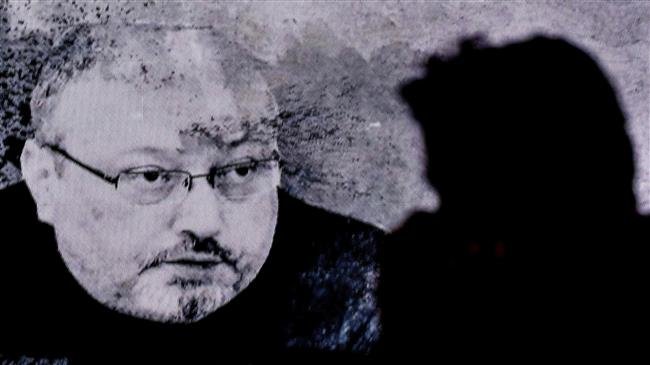
RNA - “Saudi Arabia should immediately allow independent international monitors to access Saudi women’s rights advocates detained since May 2018 to ensure their safety and well-being,” the HRW said Friday in a statement.
On November 23, the Saudi government denied evidence published by Human Rights Watch and Amnesty International that the country’s authorities had tortured and sexually harassed and assaulted at least three detained activists.
Later on November 28, the Human Rights Watch received a report from an informed source indicating that Saudi authorities had tortured a fourth woman activist. Sources said the torture of Saudi women activists may be ongoing.
It was also reported that Saud al-Qahtani, a former top aide to Saudi Crown Prince Mohammed bin Salman, had personally overseen the sexual harassment and torture of at least one of the women.
“Saudi Arabia’s consistent lies about senior officials’ role in Jamal Khashoggi’s murder mean that the government’s denials that it tortured these women activists are not nearly good enough,” said Michael Page, deputy Middle East director at Human Rights Watch.
Riyadh for several times altered its narrative on the killing of Khashoggi, who was assassinated in Istanbul on Oct. 2. Initially, it denied the killing altogether. After 18 days of blatant denial, Riyadh finally acknowledged the killing but said Khashoggi had been killed in a “rogue” operation that had gone haywire.
Still later on November 15, the Saudi Public Prosecution offered yet another account, saying the 15 agents had acted on “an order to bring back the victim (Khashoggi) by means of persuasion, and if persuasion fails, to do so by force” but had then went on to kill him on their own.
“Saudi Arabia should immediately and credibly investigate the allegations of abuse in detention, hold accountable any individuals found complicit in torture and mistreatment of detainees, and provide redress for activists abused during this prolonged pretrial detention,” the HRW said in its statement.
The HRW’s page referred to such lies and said there is every reason to believe that the Saudi authorities have treated the women activists with unspeakable cruelty “unless independent monitors are able to confirm the women activists’ well-being.”
All the women activists are in Dhahban Mabahith (intelligence) Prison north of Jeddah, but sources described most of the torture as taking place at an unofficial detention facility they called a “hotel” prior to moving the women to Dhahban in August.
According to Press TV, a new source has indicated that the women are taken to a room called an “officer’s guesthouse” for torture, but the location of this room is unclear.
The new source also told Human Rights Watch that the men responsible for mistreating the women were from “cyber security,” a probable reference to officers working under the authority of al-Qahtani, who was dismissed as the royal court adviser following the Khashoggi scandal.
According to media reports, al-Qahtani directed online campaigns against Saudi critics, and developed a “black list” of critics to target. He is known in diplomatic circles as the “prince of darkness,” the HRW said.
The crackdown on women's rights activists began just weeks ahead of the much-anticipated lifting of the driving ban on women on June 24, a cause for which many of the detained activists had campaigned.
While some were quickly released, others remain detained without charge, and have been subject to torture and harassment.
Torture and various forms of ill-treatment have been routinely and widely reported over the past years in Saudi prisons and detention centers.
847/940